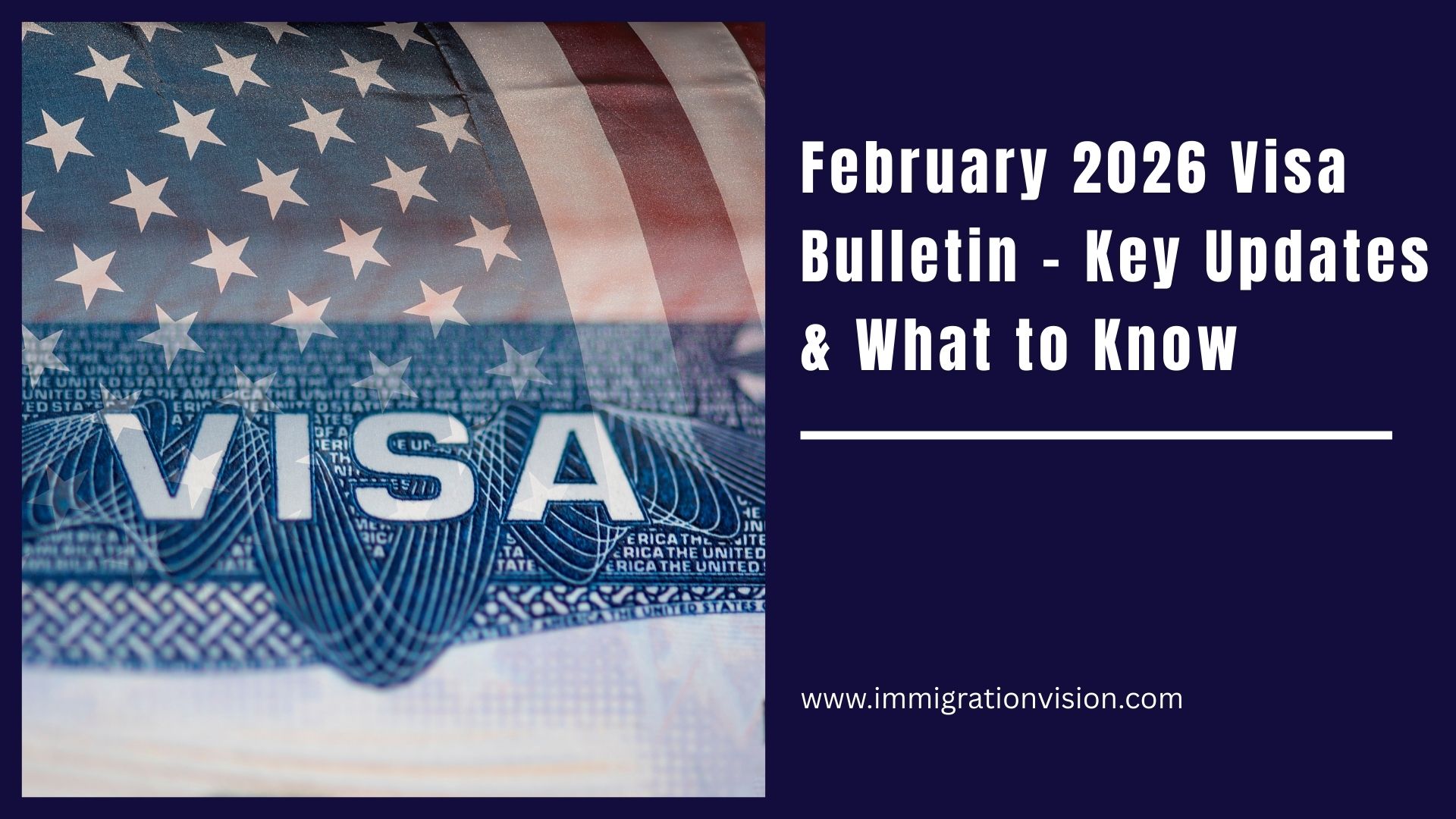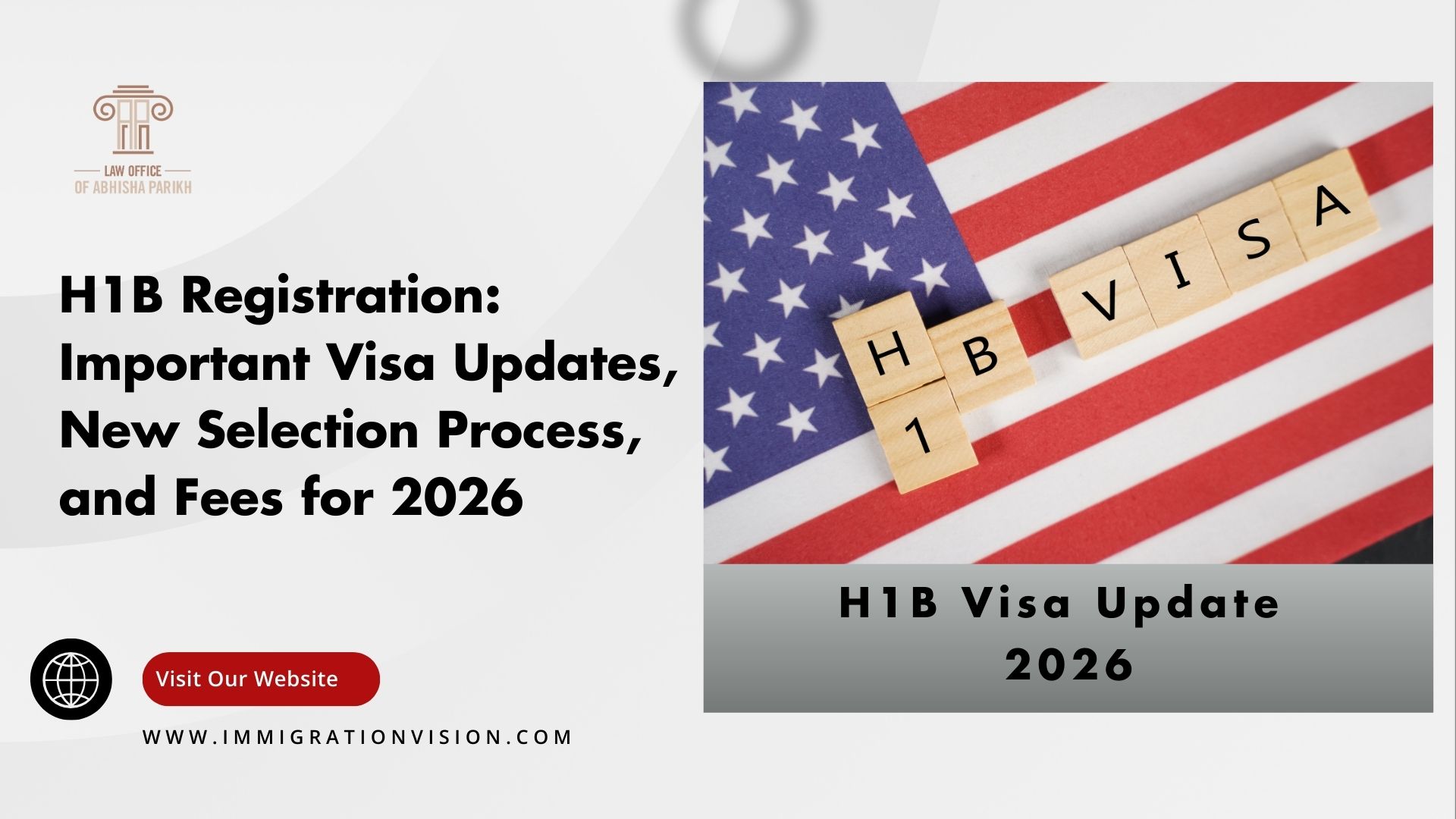Navigating the labyrinthine process of applying for a green card can be both exhilarating and daunting. The sought-after pathway to U.S. residency for countless immigrants around the world is one of the most intricate bureaucratic tasks many will undertake.
This in-depth guide will steer you through the intricacies of the green card application, demystifying the process and equipping you with vital tips to ensure your application stands the best chance of success.
Understanding Green Card Eligibility
Before you even touch a form, you must clearly understand your basis for eligibility. For most applicants, this falls into one of several categories:
- Family-Based Immigration
- Employment-Based Immigration
- Special Immigrant Status
- Refugee or Asylee Status
- Human Trafficking and Crime Victims
Each category has its own set of requirements, forms, and processes, so be sure to identify your specific eligibility before proceeding.
Navigating the Forms
The United States Citizenship and Immigration Services (USCIS) requires precise documentation, typically collected in the form of specialized, often complex, forms. Here are the most common forms you might encounter:
Form I-130 – The Foundation for Family-Based Immigration
This form is used to petition U.S. Citizenship and Immigration Services (USCIS) for a green card (permanent residency) on behalf of a family member. If you’re being sponsored by a family member who is a U.S. citizen or lawful permanent resident, this is the form likely for you.
Form I-140 – Essential for Employment-Based Immigration
Prospective immigrants who are eligible through employment typically use Form I-140 to petition for an immigrant visa.
Form I-589 – The Lifeline for Asylum Seekers
If you’re seeking asylum, you’ll need to file Form I-589, Application for Asylum and Withholding of Removal.
Form I-360 – The Versatile Form for Special Immigrants
This is the form for individuals who are eligible for green cards based on their special immigrant status. It covers a wide range of categories, including religious workers, certain physicians, members of the U.S. Armed Forces, among others.
Other Specialized Forms
There are myriad other forms based on unique circumstances. For instance, victims of certain serious crimes, abuse, or human trafficking may apply for a green card using Form I-360, Petition for Amerasian, Widow(er), or Special Immigrant.
Procedural Steps in Your Application Journey
Once your petition is approved and a visa is available, the actual process of applying for a green card begins. The manner in which you do this will depend on where you live. Here are your two options:
Adjustment of Status vs. Consular Processing
If you’re already in the United States, you can apply for a green card through a process known as “adjustment of status.” This means you can finish the application without leaving the country. Alternatively, if you live outside of the United States or are ineligible for adjustment of status, you must use “consular processing” at a U.S. consulate or embassy in your home country or abroad.
The Crucial Filing Stage
Filing your application is the first major undertaking toward obtaining a green card, and it’s critical that you do it correctly. Each form and supporting document has its place, and the completeness and accuracy of your application can dramatically affect your waiting time.
Gathering Required Documentation
From birth certificates, marriage certificates, police reports, and financial documentation, the supporting documents for your green card application are wide-ranging and oftentimes demanding to obtain. But without these, your application could be deemed incomplete.
Paying Fees
Fees are an unfortunate part of the process, and they’re not cheap. USCIS updates its fee schedule on a regular basis, so ensure you have accounted for the most recent costs in your budgeting.
The Interview Stage
Many applicants are required to attend an interview with USCIS to discuss their application and supporting documentation. The interview is an opportunity for USCIS to assess the legitimacy of your application as well as to verify the information presented.
Preparing for the Interview
This is your chance to shine and to demonstrate that you are a candidate worthy of permanent resident status. Practice with a friend or family member to feel comfortable and confident speaking about your application.
The Ongoing Requirements of Having a Green Card
Securing your green card isn’t the end of the road; it’s just the beginning of your duties and privileges as a U.S. resident.
Conditional Permanent Resident Status
Some green cards are issued on a conditional basis, usually based on marriage. This requires additional steps down the line to remove the conditions and obtain full permanent resident status.
Maintaining Your Permanent Resident Status
Your green card can be revoked if you do not adhere to the conditions set forth by USCIS. Make sure you keep your status active by not staying outside of the U.S. for extended periods and remaining free of any criminal activities.
What to Do if Your Application is Denied
Receiving a denial can be heartbreaking, but it’s not necessarily the end of the line. You often have the option to appeal the decision or to reapply, typically with more thorough documentation and reasoning.
Seeking Legal Advice
If you’ve been denied, especially if it was for a complex issue, it may be worthwhile to seek the counsel of an immigration attorney. They can often provide options and support that may not be readily apparent.
Reassessing Your Eligibility
A denial may be due to being in an ineligible category, or it could be an error with the application process. Once you’ve ascertained why your application was denied, you can take steps to rectify the situation.
The Road Ahead
Finally, if your application is successful, welcome to the community of green card holders, the road to this pivotal moment is long and often arduous, but for many, it’s just the beginning of a new chapter in the U.S.
With these steps, you’re armed with the knowledge to complete this process correctly. Remember, thorough and accurate documentation and patience are your best friends in the green card application marathon. Good luck!





